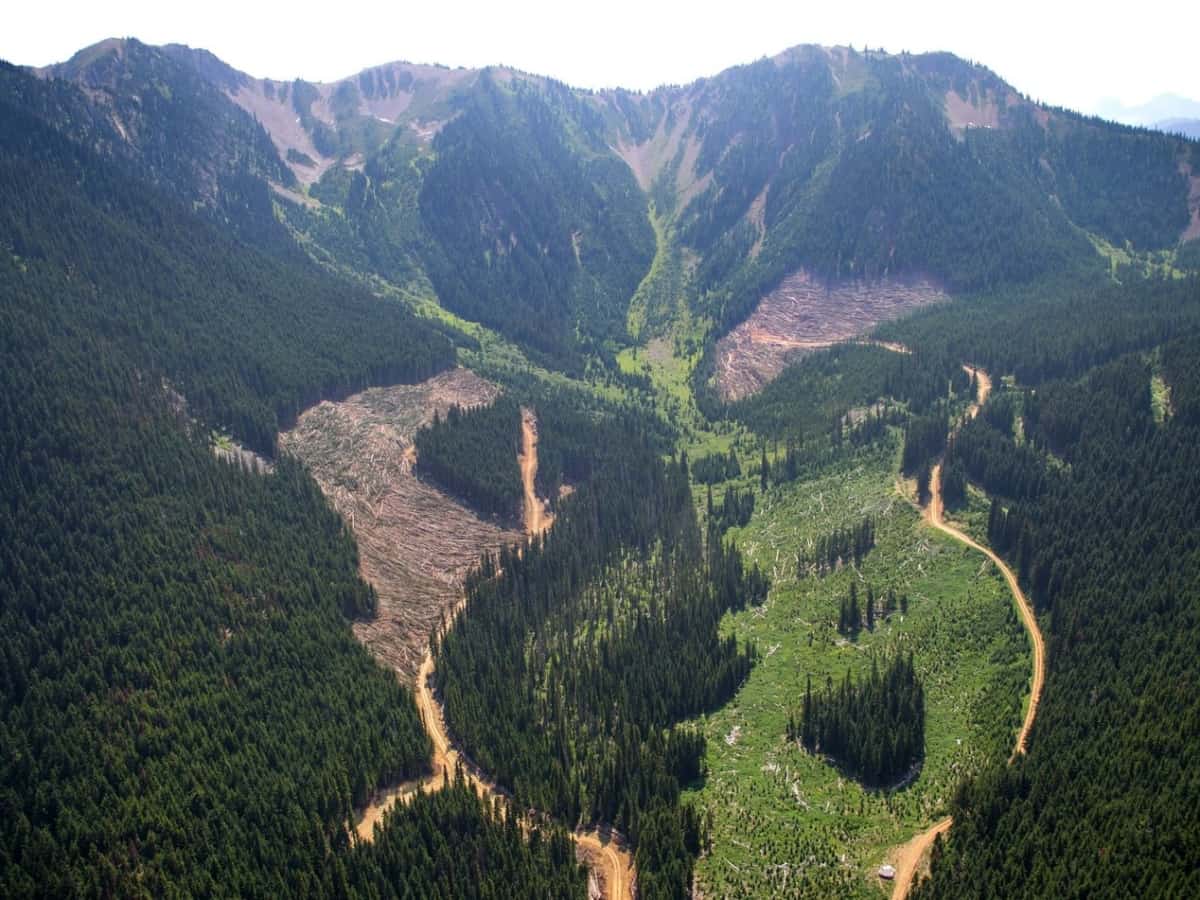
Letter opposing mining in the Skagit River Headwaters
To: Premier of British Columbia John Joseph Horgan
Dear Premier Horgan,
I am writing to express North Cascades Institute’s opposition to the permit application by Imperial Metals for mining exploration in the Silver Daisy Peak area. The project will have significant negative impacts on the area’s natural and cultural resources that are at the core of our business and valued by our students, participants, staff and volunteers on the American side of the international border in the Skagit River watershed and North Cascade mountain range.
North Cascades Institute is a nonprofit organization that has been based in Skagit County for 33 years. Our mission is to “inspire and empower environmental stewardship for all through transformative educational experiences in nature.” Our work brings people together to learn about nature and engage in recreation, artistic inspiration, scientific research, and community building. With 65 employees, we engage over 12,000 participants each year in more than 29,000 learner-days in the field. We bring people of all ages and backgrounds to the Skagit River watershed and North Cascades mountains to learn about its unique natural and cultural history. Visitors to the region — drawn from across North America to its superlative natural beauty — add $36 million annually to our local economy, according to a 2015 National Park Service study. Our business depends upon a healthy ecosystem in the North Cascades and Upper Skagit Valley.
This irreplaceable natural heritage would be threatened in several ways by industrial mining:
- The E.C. Manning and Skagit Parks — combined with North Cascades National Park and Recreation Areas and adjacent wilderness areas and national forests — provide critical habitats for threatened species including grizzly bears, spotted owls, gray wolves, wolverines, Pacific fishers, bull trout and many others. Industrial mining is incompatible with the protection of these species.
- The Skagit River supports the largest populations of threatened steelhead and Chinook salmon in the Puget Sound, and the largest run of chum salmon in the conterminous US. These fish are a critical food resource for the endangered Southern Resident Killer Whales and are central to the culture of several Tribes in the United States and Canada. The risk posed to salmonids and aquatic species by large scale mining and logging activities — including elevated water temperatures, increased sedimentation and release of toxic materials — is unacceptable.
- The Skagit River supports the largest concentration of Bald Eagles in the lower 48 states, drawn to the abundance of salmon.
- Last but not least, the protected mountains, forests, lakes and streams of the upper Skagit basin provide clean drinking water and world-class recreational opportunities for Canadian and American citizens who seek peace, refuge and renewal from the noise and bustle of an ever-growing Cascadia region. Demands for such nearby natural areas — what we call our “Wild Nearby” — will only increase in the years ahead.
North Cascades Institute believes that approval of Imperial Metals application for permit would violate the spirit and intent of the 1984 High Ross Treaty between the United States and Canada, the creation of the Skagit Environmental Endowment Commission and the stated opposition of indigenous communities on both sides of the border to mining activities in the Skagit Headwaters.
We stand with several First Nations, the Union of BC Indian Chiefs (UBCIC), Seattle City Light, the City of Seattle and dozens of conservation and recreation groups in British Columbia and US in opposition to this proposal. Industrial activities as proposed in the application are completely inappropriate in such a sensitive area with such high ecological, environmental and recreational values.
We respectfully urge you to deny an exploratory mining permit to Imperial Metals in the headwaters of the Skagit River.
Saul Weisberg
Executive Director
North Cascades Institute
More information at www.wildernesscommittee.org/SaveTheSkagit
Take action at https://actnow.io/F0LA2Gk

